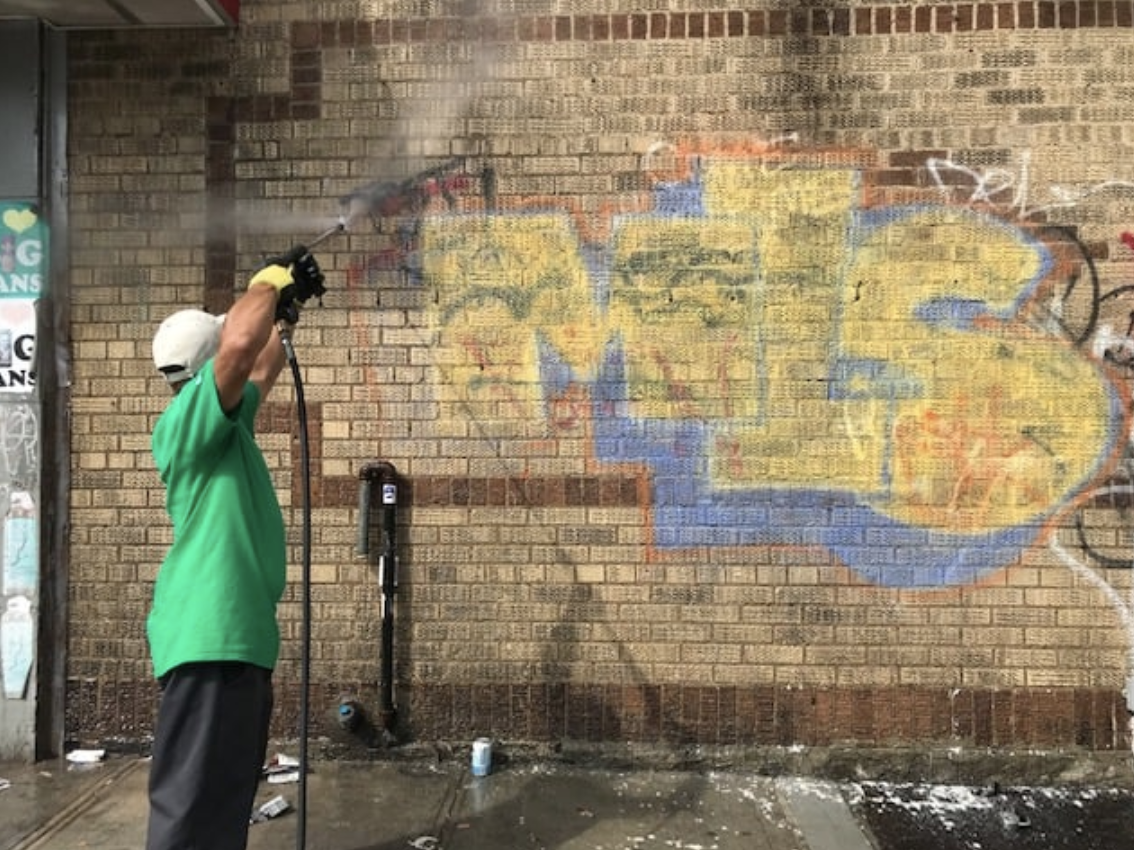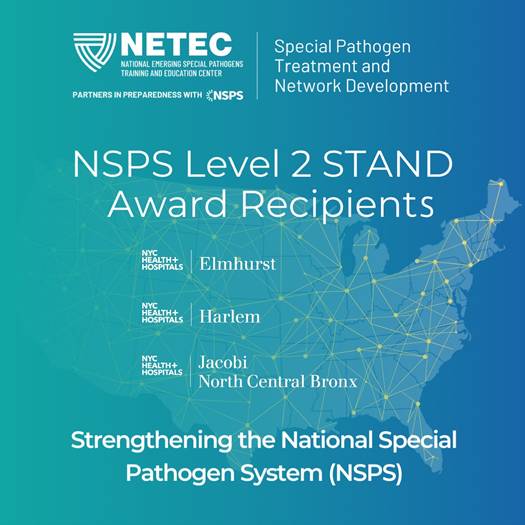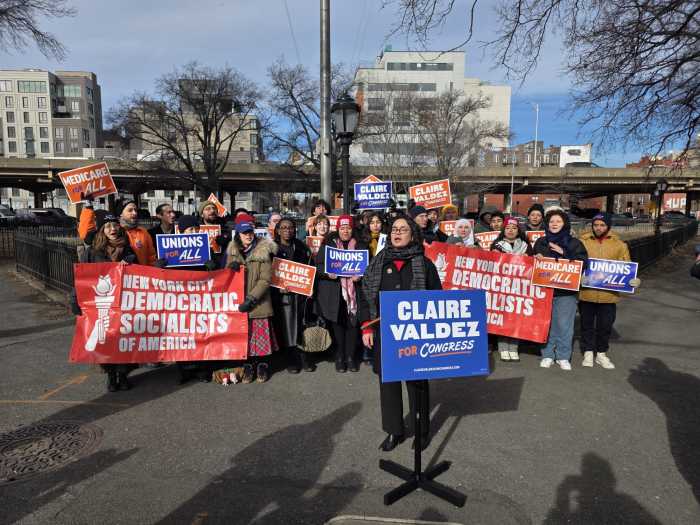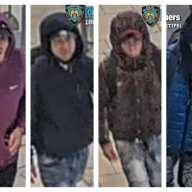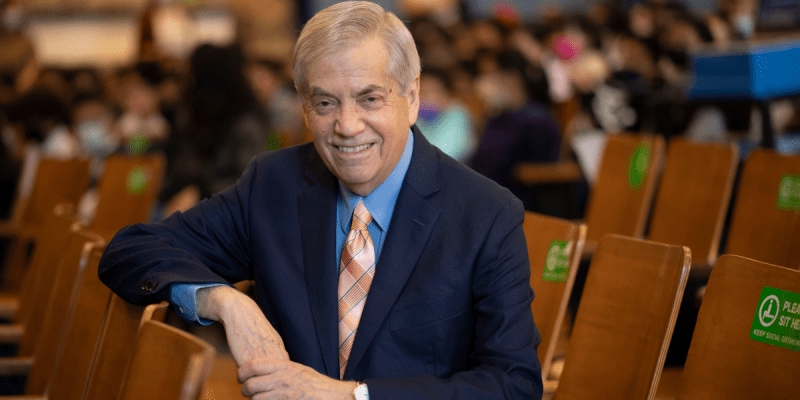BY JASMINE PALMA
A local nonprofit joined forces with Councilman Robert Holden to remove some graffiti in District 30 last week.
Wildcat Service Corp., in partnership with the councilman, cleaned buildings marked with graffiti in the district with its Neighborhood Improvement Program (NIP), after an increase in spray paint and vandalism incidents, according to Holden.
“Our Neighborhood Improvement Program (NIP) provides work-readiness, job training and employment services. Working in partnership with NYC Council members and members of the New York State Senate, NIP’s friendly and dedicated work teams — recognizable in their bright green shirts — provide comprehensive cleaning services to ensure cleaner, safer neighborhoods and Business Improvement Districts,” said Wildcat Executive Director Edward Arsenault.
The nonprofit began to collaborate with District 30 in 2018. Holden allocated funding from his discretionary budget to the organization and has resumed to do so annually since, according to Ryan Kelley, Holden’s communications director.
According to Arsenault, NIP services include sidewalk cleaning, graffiti/signage removal, snow removal, integrated pest management, power washing, landscaping, and tree and flower planting. The service program responds to 311 calls dispatched from NYC Service, a division of the mayor’s office that seeks to develop civic involvement. In addition, Wildcat has been delivering meals to senior citizens sequestered at home to ensure they practice social distancing.
“Wildcat also introduced an e-waste recycling disposal program that serves senior citizens and people with disabilities,” Arsenault continued. “Our crews also pick up used electronic devices including computers and television sets at the homes of constituents that are then refurbished and donated to other nonprofit agencies or disposed of in an environmentally friendly manner. NIP services increase property values, improve retail sales and decrease commercial vacancy rates.”
“The Wildcat Service Corp. has been doing phenomenal work in our community to clean up litter and graffiti for the past two years. We’ve seen a major uptick in graffiti during the pandemic, and Wildcat has responded by working into the night to paint and power wash after dark,” Holden said. “That’s why I am proud to continue funding this program for the third straight year, and I worked hard to increase that funding despite the budget crisis caused by the pandemic. I truly appreciate the partnership my office has developed with Wildcat and the excellent service they have provided.”
Founded in 1972, the nonprofit employs formerly imprisoned individuals who are actively seeking to rehabilitate and restart their lives.
To date, there are an estimated 2.3 million incarcerated people in the United States and a quarter of them will reintroduce themselves into their communities, according to the Wildcat Service Corp. webpage. However in a mere three years, about two-thirds of these individuals will be imprisoned again.
“When individuals leave prison, they face a daunting challenge of successful re-entry. They often have a limited job history and poor social networks. They struggle with housing and family relationships,” their website reads. “Employment is a fundamental component to improving the rate of successful reentry and reducing recidivism, yet involvement in the criminal justice system can be a significant barrier to employment.”
As such, the organization’s function is to ease the transition into reintegration.
“Each year, Wildcat helps thousands of individuals transition successfully from incarceration to their community so they can find jobs, build careers, and receive the training and guidance necessary for economic well-being,” Arsenault said. “Re-entry into society is a process. Wildcat is committed to helping criminal justice involved persons with work and with all that it takes to re-integrate into society. We seek to work with the whole person and those who support them.”

